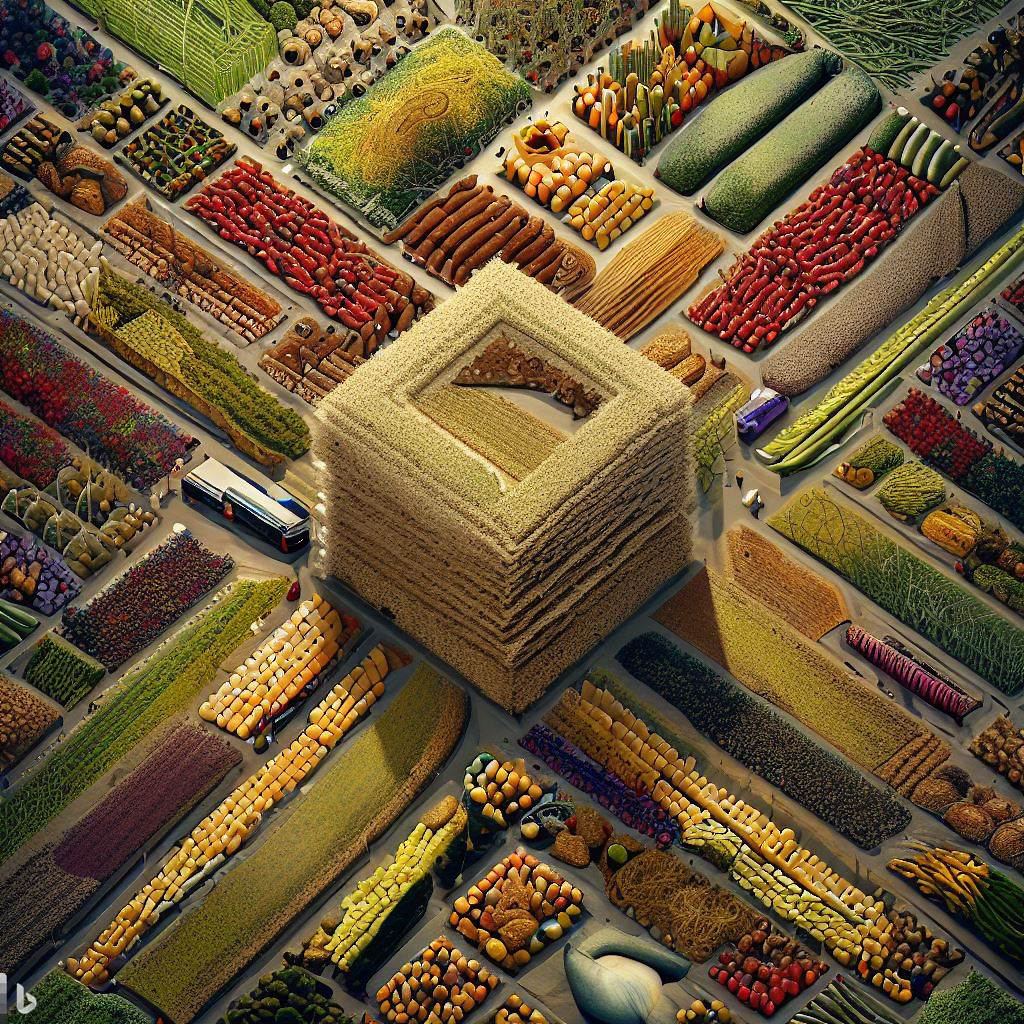For our five-question series on food and education at The Common Table, we ask experts about their strategies and practices for fostering a healthier relationship with food. Here: food geographer, author and food security expert Lenore Newman, who spends her time studying public markets, regional cuisines, farmland preservation, global food security, and the ecology of the world’s food system as well as advising government policymakers.

The Common Table: How would you explain your perception of food as an educational discipline to someone who might think that means just cookery lessons?
Lenore Newman: That’s an interesting question. Here in North America, there is so much interest in food and chefs. I think there is an understanding that “food studies” is a discipline, and there is a general idea that agriculture and food security are areas of study. However, agriculture is still quite separate from culinary studies, for example. The real challenge is showing how these things fit together, along with biology, economics, nutrition and all of the other pieces of the puzzle.
I try to teach the whole food system…I see this as vital.
The Common Table: What are you doing to change education related to food?
Lenore Newman: I try to teach the whole food system. I start with production, work through processing and transport, and then look at cuisine and consumption, and loop the system back through waste recycling. I see this as vital. One thing I love doing is following a single product, say a mango, and walking students through its journey across the world.
The Common Table: Who are you trying to reach and teach and why?
Lenore Newman: The general public. I really believe everyone needs to know about food and understand the choices they have with respect to food. I love engaging people on how they can understand the food system better.
Everyone needs to know about food and understand the choices they have with respect to food.
The Common Table: Where would you like to take your work in this field; what are your goals?
Lenore Newman: I’m really interested in food and agriculture startups right now. There are a lot of interesting startups appearing led by people who are new to the food world. I love talking with them and sharing their energy. I’d like to spend more time encouraging people to build careers in food. Farming in particular is sometimes seen as a “sunset industry” but this is ridiculous as we will still need to eat. I’d love to run my own food incubator eventually.
The Common Table: What is the big-picture perspective regarding the future of food education?
Lenore Newman: I think we will see an increase in programming in the food and agriculture area as more people realise how critical the food system is. I think we will see more people treating food as an art and a science, and hopefully, more universities will incorporate food programming into their curricula.
I think we will see an increase in programming in the food and agriculture area as more people realise how critical the food system is.
Government, higher education and industry need to work together closely in order to optimise outcomes. The Netherlands’ “triple helix” model [the cooperation between government, business and science, ed.] is a great example of that. We need more young people to go into the agricultural field.
Lenore Newman is a Canadian author and culinary geographer. She was born and raised in a fishing family in Sechelt, British Columbia. She is the Associate Professor of Geography and the Environment at the University of the Fraser Valley and Director of the Food and Agriculture Institute. She holds the Canada Research Chair in Food Security and the Environment. She attended the University of British Columbia, where she received a BSc (Hons), and then completed an MES and PhD at York University.
Newman has conducted fieldwork around the globe, studying public markets, regional cuisines, farmland preservation, global food security, and the ecology of the world’s food system. As Canada Research Chair in Food Security and the Environment, she researches the impact of climate change on food security and global cuisines. Newman currently researches technology and the future of food, agricultural land use policy, and placemaking through food and agriculture. In 2018 she was appointed to a government committee to strengthen the Agricultural Land Reserve in British Columbia. In 2019 she was appointed to a Food Security Task Force with the mandate to advise the government on ways to apply technology and innovation to support the agricultural sector in British Columbia – and to reduce food waste.
She is the author of Speaking in Cod Tongues: A Canadian Culinary Journey (2017) Lost Feast: Culinary Extinction and the Future of Food (2019) and Dinner on Mars: The Technologies That Will Feed the Red Planet and Transform Agriculture on Earth co-authored with Evan D.G.Fraser (2023).
Title image: studio_lovell with DALL-E and





